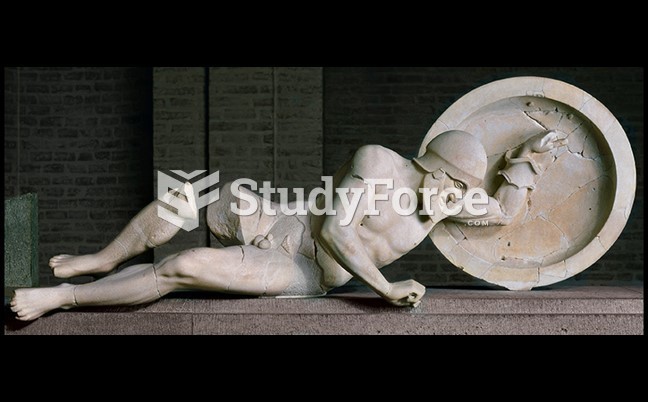|
|
|
The first-known contraceptive was crocodile dung, used in Egypt in 2000 BC. Condoms were also reportedly used, made of animal bladders or intestines.
Signs and symptoms that may signify an eye tumor include general blurred vision, bulging eye(s), double vision, a sensation of a foreign body in the eye(s), iris defects, limited ability to move the eyelid(s), limited ability to move the eye(s), pain or discomfort in or around the eyes or eyelids, red or pink eyes, white or cloud spots on the eye(s), colored spots on the eyelid(s), swelling around the eyes, swollen eyelid(s), and general vision loss.
The first successful kidney transplant was performed in 1954 and occurred in Boston. A kidney from an identical twin was transplanted into his dying brother's body and was not rejected because it did not appear foreign to his body.
One way to reduce acid reflux is to lose two or three pounds. Most people lose weight in the belly area first when they increase exercise, meaning that heartburn can be reduced quickly by this method.
In the United States, there is a birth every 8 seconds, according to the U.S. Census Bureau's Population Clock.
 The visual field as seen by a person with (a) glaucoma, (b) macular degeneration, and (c) cataracts.
The visual field as seen by a person with (a) glaucoma, (b) macular degeneration, and (c) cataracts.
 Instruct recipient on giving you feedback immediately if heat becomes too intense. Remind the person ...
Instruct recipient on giving you feedback immediately if heat becomes too intense. Remind the person ...
 Pelvis and knee rock. Hold the feet again for a moment, and move to the person’s right side. Place ...
Pelvis and knee rock. Hold the feet again for a moment, and move to the person’s right side. Place ...




